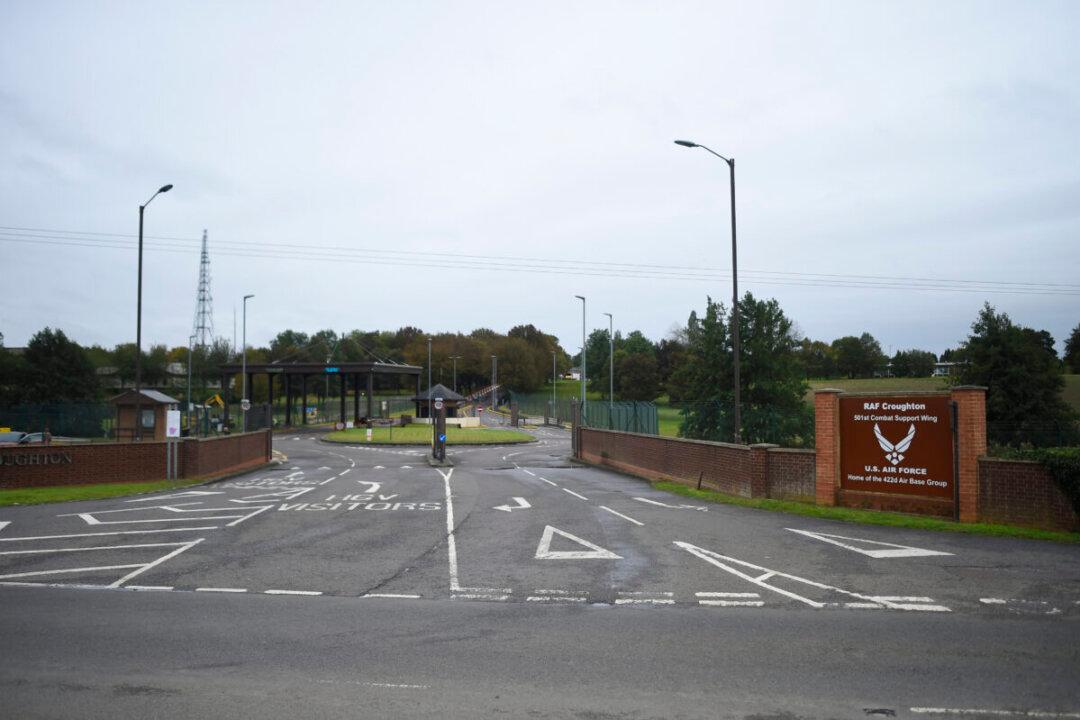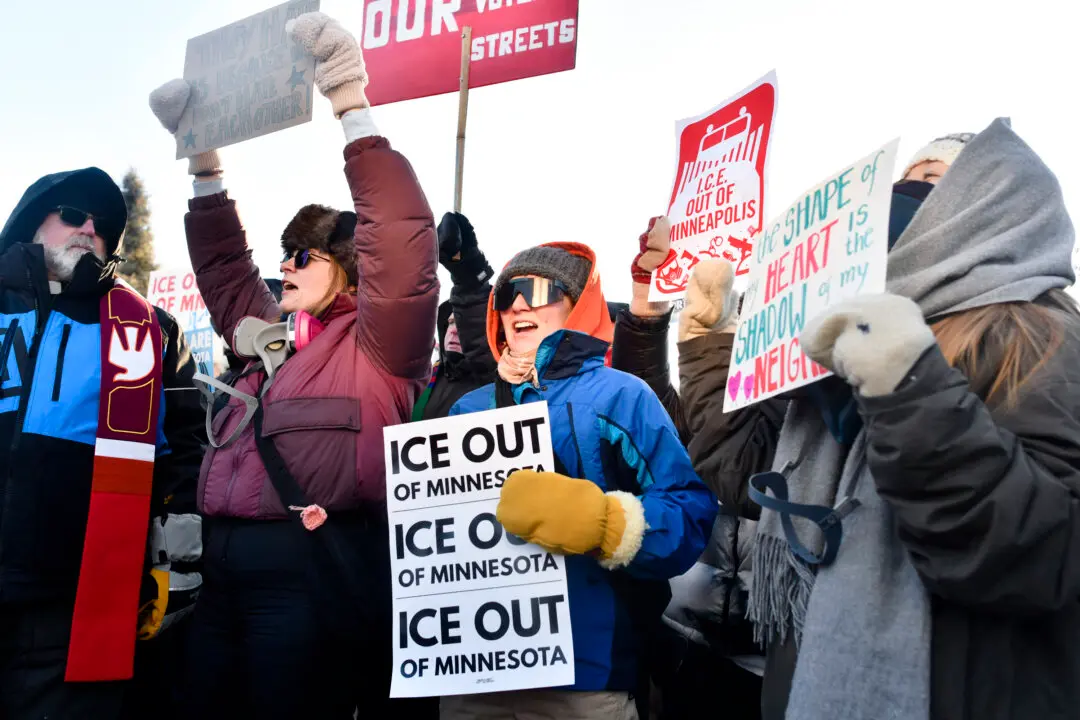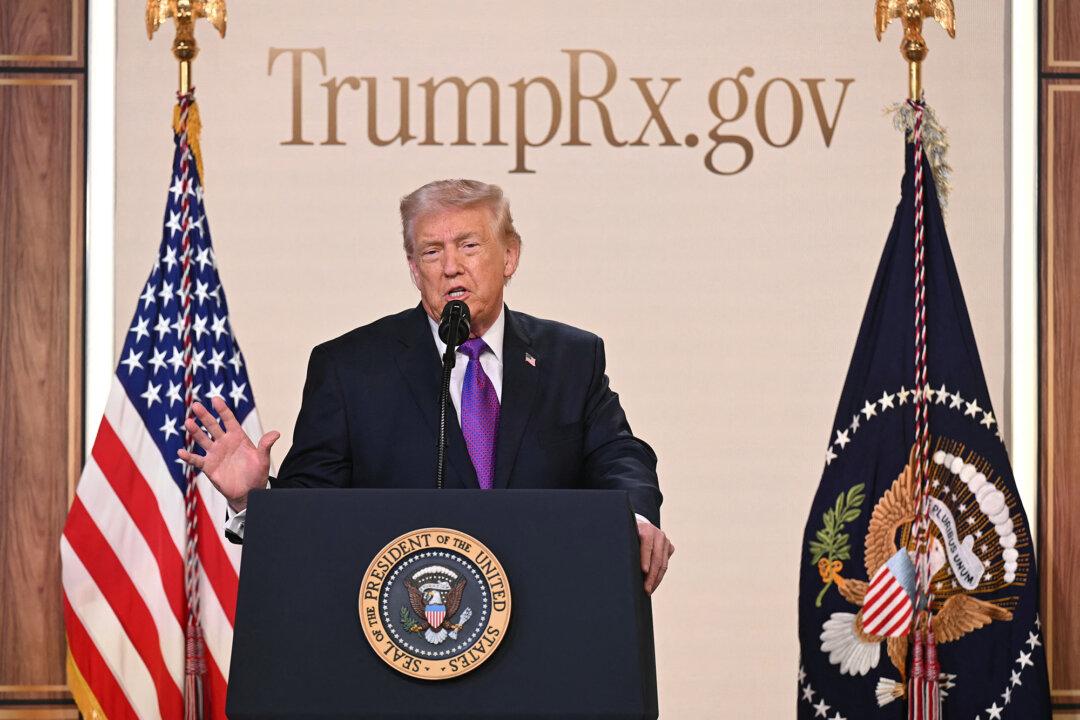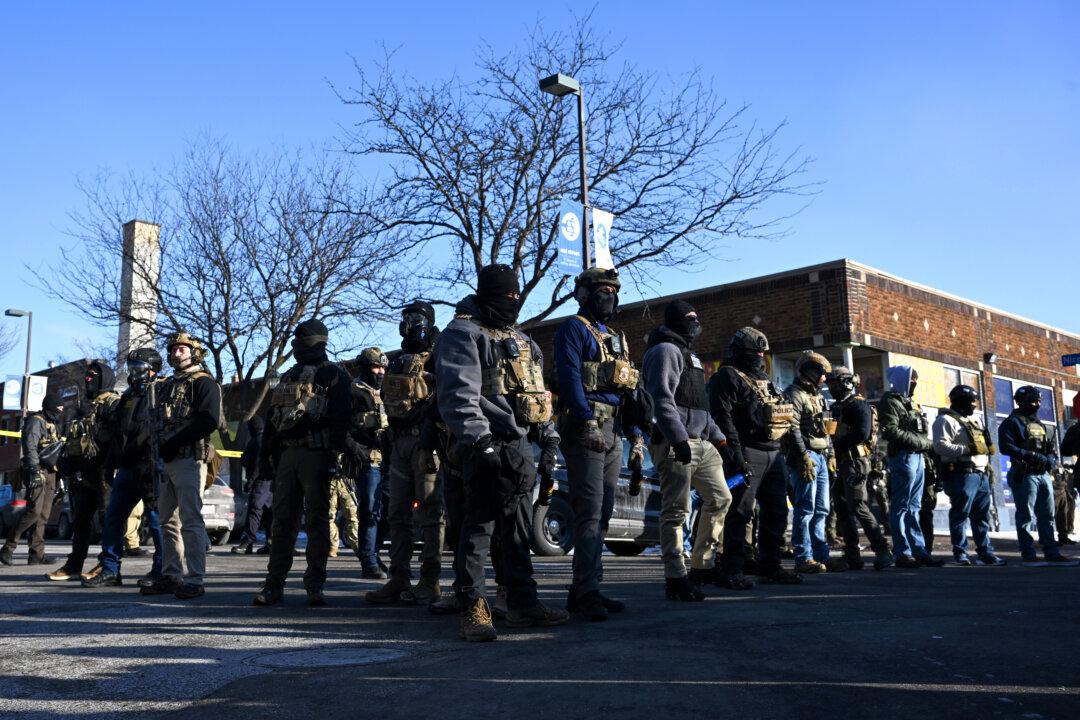The U.S. diplomat’s wife accused of killing 19-year-old Harry Dunn in a 2019 wrong-way crash before leaving the UK under diplomatic immunity was “employed by an intelligence agency in the U.S.” at the time, a U.S. court was told.
Anne Sacoolas and her husband Jonathan worked for the U.S. State Department and left the UK three weeks after the accident due to “issues of security,” Sacoolas’s lawyer told the Alexandria district court of Virginia on Feb. 3, noting their employment was “especially a factor” in their decision to leave, according to the Press Association.




